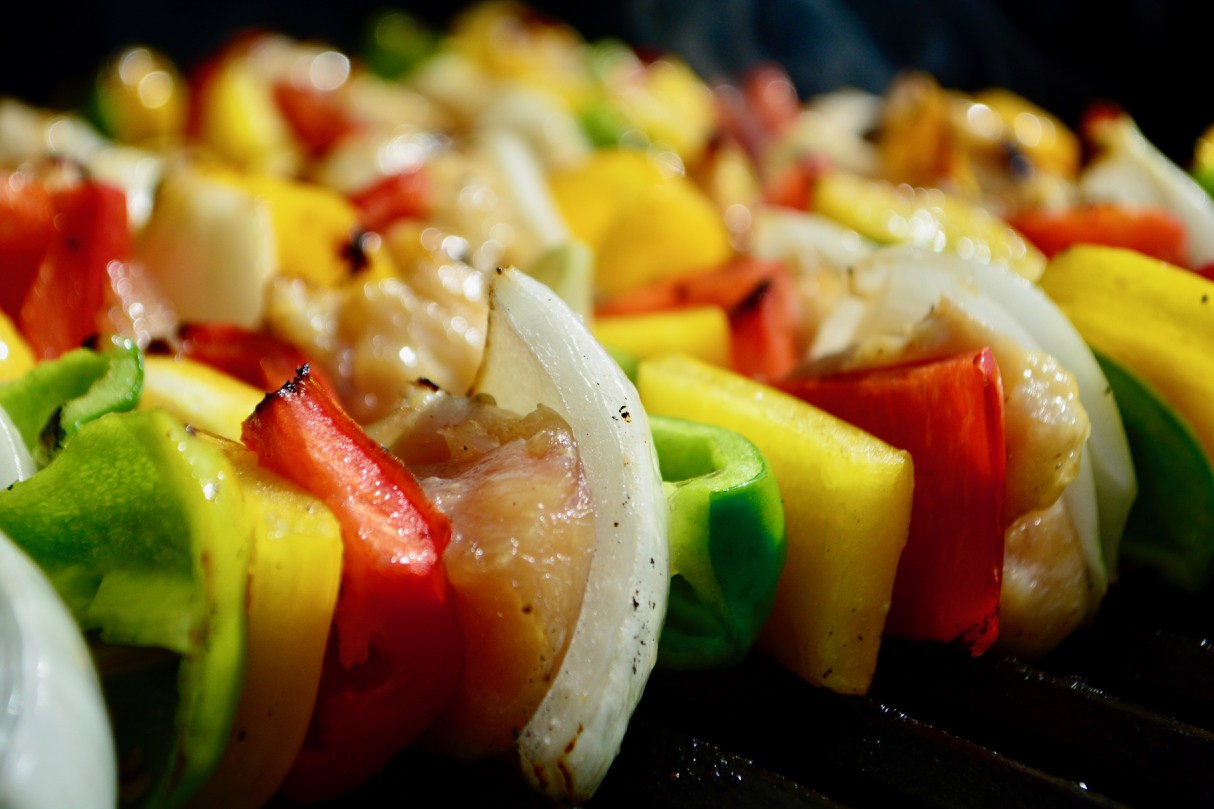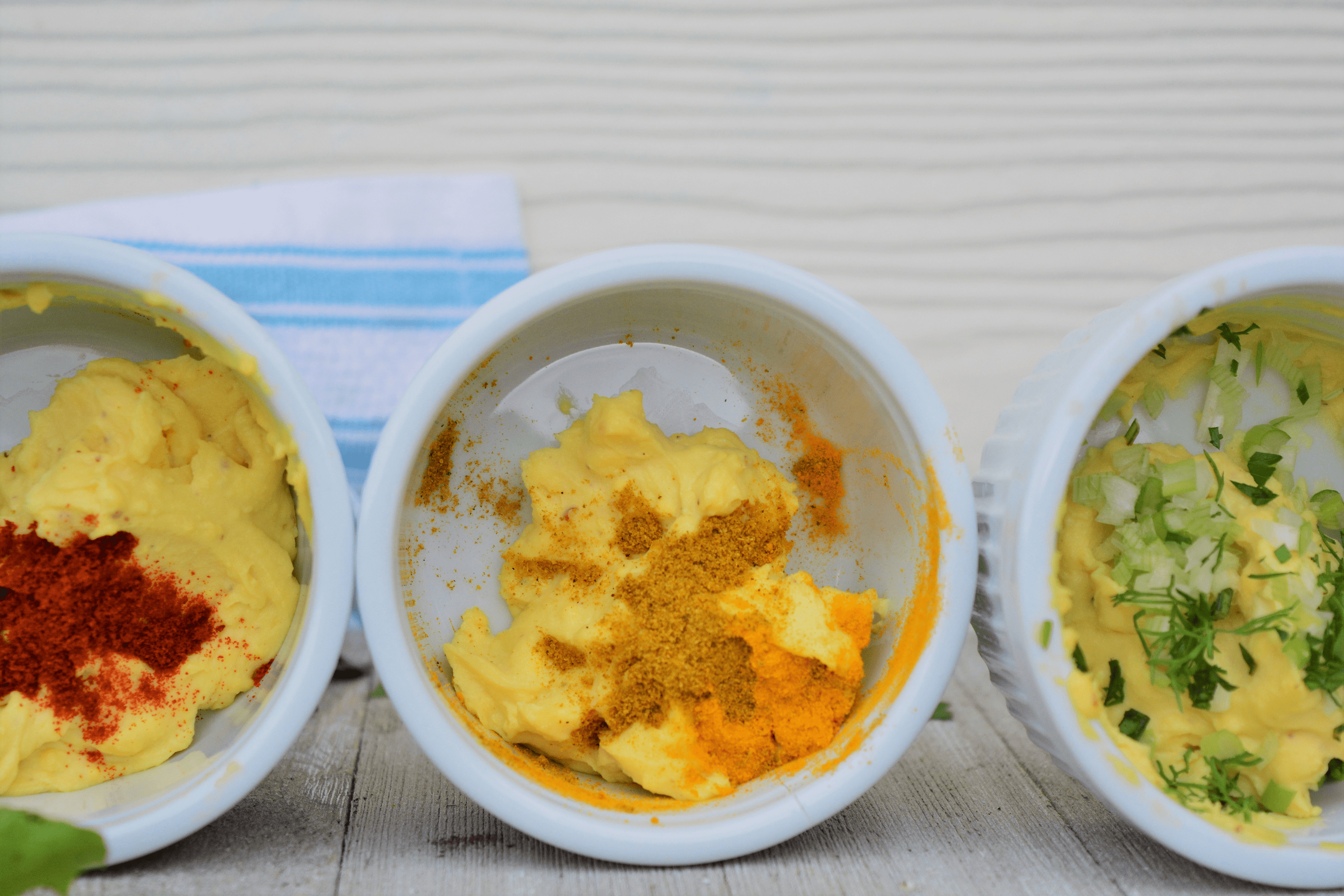Next Education Call: Safe or Scary? Navigating the Grocery Store
Is grocery shopping for your renal diet a chore you silently suffer through? Do you work hard and do your best to sort through the multitude of confusing labels, marketing messages, and hundreds of products, but still feel like you're unsure about your choices? Join us for our October webinar on how to successfully and joyfully navigate the grocery store to find delicious kidney-friendly choices. When: October 18 at 3:00 PM Eastern Where: Online at www.dpcedcenter.org/education-call or by phone 1-877-399-5186;433-459-5474








